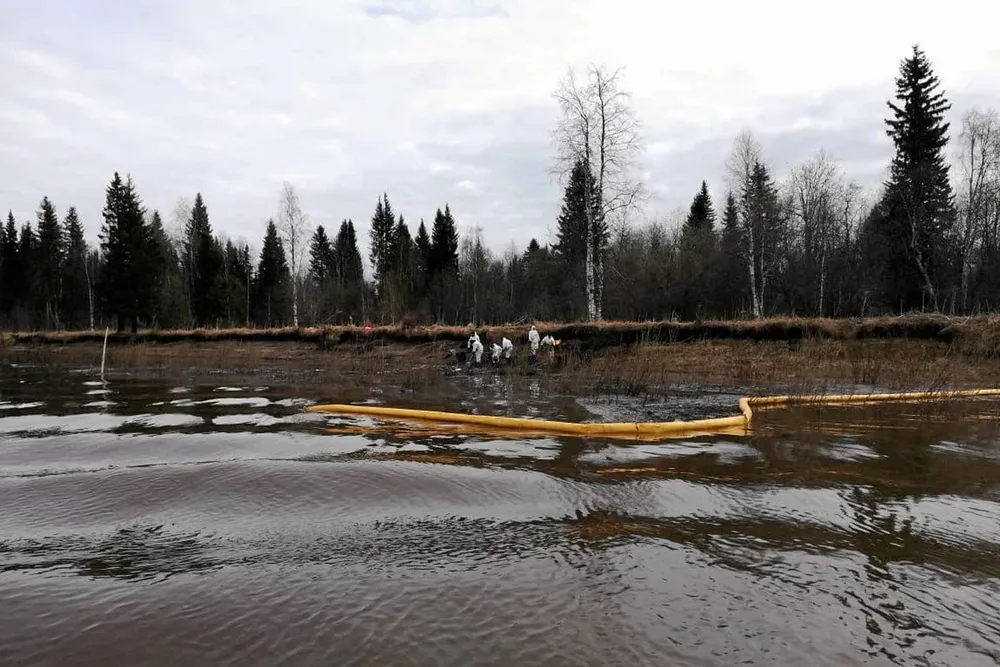Fears spill from Russian oilfield could threaten Barents Sea
Efforts to halt major spill in the north of Russia have not been enough to stop the spread to Pechora river

Efforts to halt major spill in the north of Russia have not been enough to stop the spread to Pechora river
